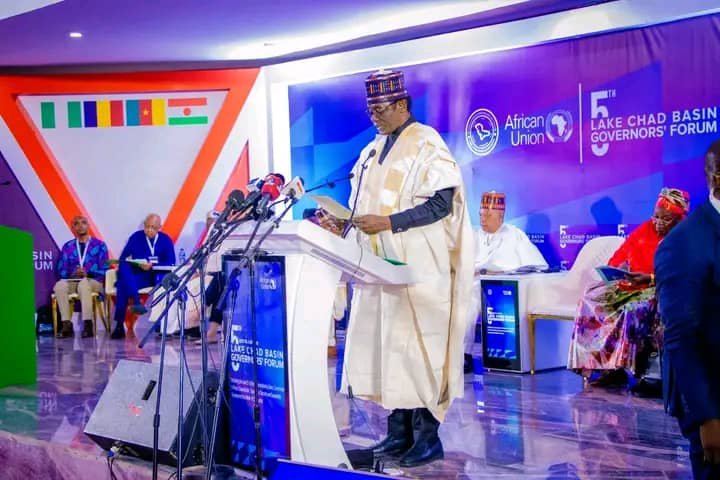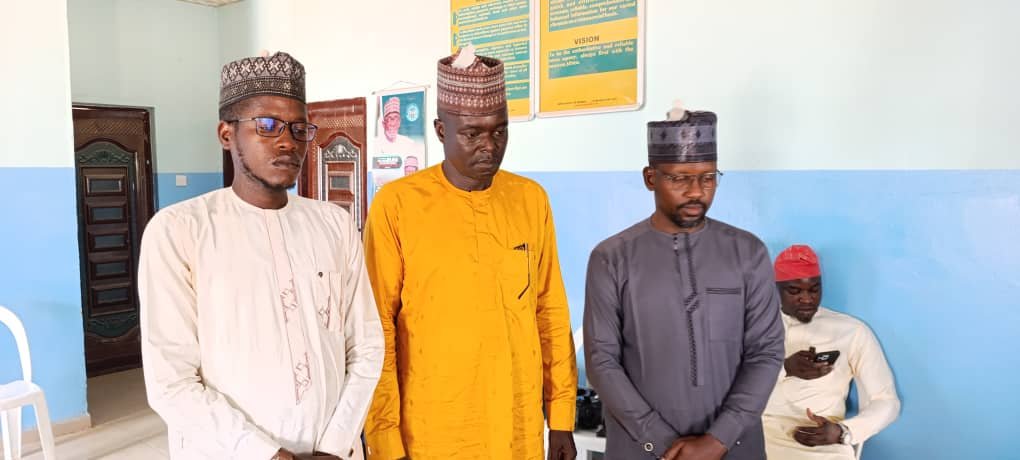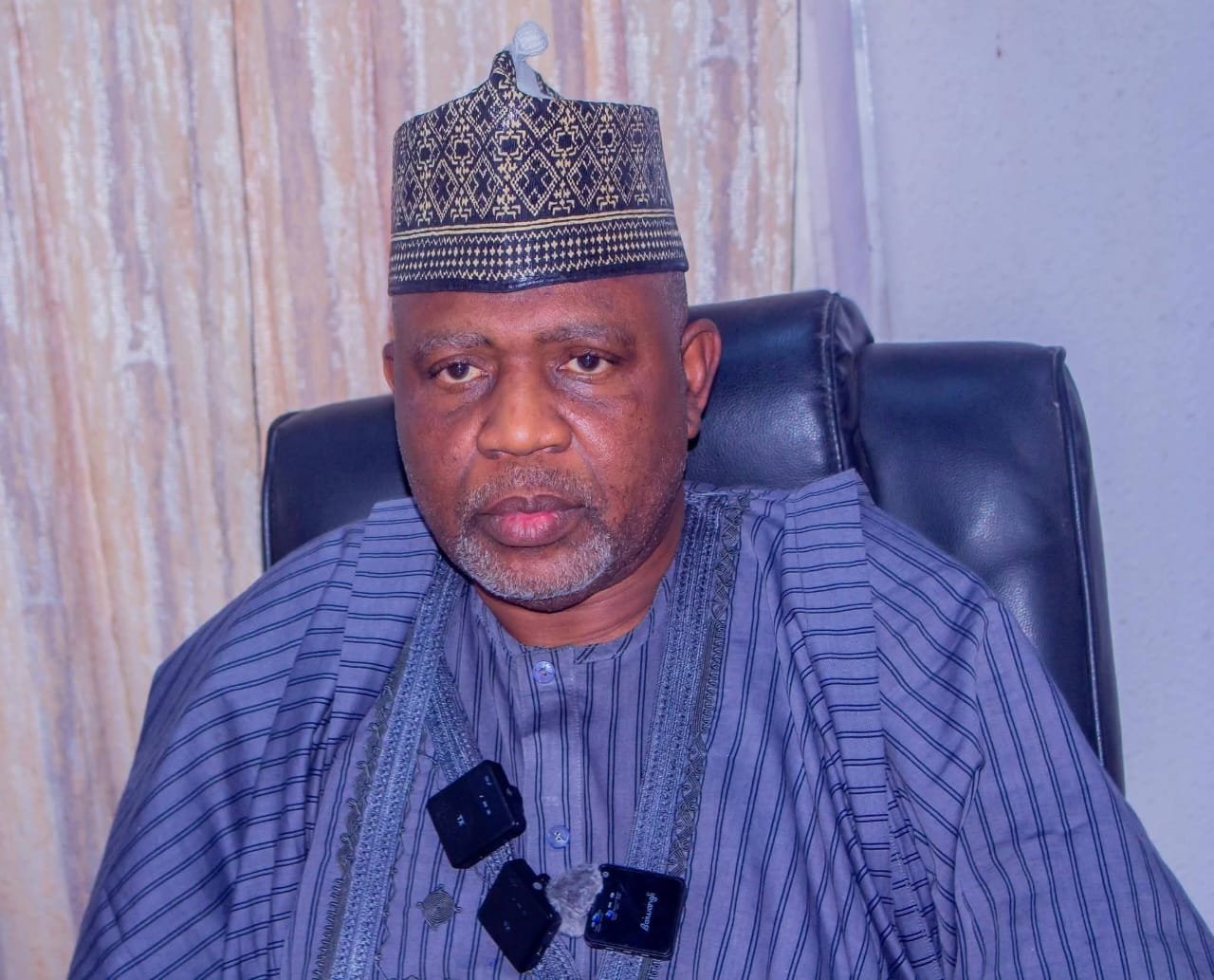Lake Chad Governors unveil strategies to address challenges
By Muhammad Maitela, Damaturu
The Lake Chad Basin Governors’ Forum (LCBGF) has expressed determination to adopt inclusive and collaborative approach to address the region’s challenges.
The Forum added that it would formulate concrete and actionable strategies to stabilise the region while advancing recovery efforts and fostering sustainable development.
Yobe state Governor, Mai Mala Buni, the chief of host of 5th meeting of the forum said they would “reflect on the journey since the Regional Strategy for Stabilisation, Recovery, and Resilience (RS-SRR) became operational six years ago.
“This underscores our unity of purpose, and rekindling the age-long standing brotherhood among the member states.
“It is also a platform to consolidate our collective efforts in ensuring sustainable peace, security, and development across the region.”
Gov. Buni said the theme of this year’s forum, ‘Rebuilding the Lake Chad Basin: Consolidating Gains, Commitment to Peace, Cross-Border Cooperation, Security, and Sustainable Development for a Resilient Community’, underscores the need for sustained regional cooperation to address the complex challenges in the area.
The meeting is hosted by Yobe Government in collaboration with the Lake Chad Basin Commission (LCBC), the African Union Commission and the United Nations Development Programme (UNDP).
“Today, we convene at a time when the Lake Chad Basin faces multifaceted challenges that includes; growing demography, security threats, limited infrastructure, climate change, and socio-economic disparities—that demand concerted efforts.
“This Forum remains a beacon of hope, serving as the cornerstone for strengthening and promoting good governance, cross-border cooperation, dialogue, and coordinated action among the Basin’s eight territories.”
The governor said that the Regional Strategy for Stabilisation, Recovery, and Resilience of the Boko Haram affected areas of the Lake Chad Basin Region (RS-SRR) is a testament to what they could achieve collectively.
He explained that the United Nations, Lake Chad Basin Commission, UNDP, African Union Commission and all development support group and partners who have been instrumental in this journey.
In his remarks, Borno State Governor, Babagana Zulum, said the cross-border cooperation remained central to the Lake Chad Basin’s recovery and growth.
Zulum reaffirmed that Borno government has remained committed to fostering peace and regional stability since the establishment of the Lake Chad Basin Governors’ Forum,
He detailed the state’s efforts to rebuild and enhance its infrastructure, improve security, and create livelihood opportunities for affected communities.
“As a response to these challenges, Borno State has developed a multi-year strategy supported by a 2.7 billion dollars budget to address the needs of approximately 5.5 million people in the region, including displaced persons and refugees.
“The strategy aligns with national and regional policies and is aimed at creating a people-centered approach to recovery and resilience.” he said.
Meanwhile, Adamawa State Governor, Ahmadu Fintiri, said that the collective recognition that we have a problem at hand is no longer a secret.
“It is an unfortunate reality that the President’s response to the environmental turmoil in the region has been passive, despite the alarming evidence of shrinking water resources, loss of biodiversity, and the threat to wildlife migration.
“Recent reports from the United Nations Environment Programme (UNEP) have revealed the grim situation that Lake Chad has shrunk by 90 per cent in the last 60 years, largely due to climate change, irrigation practices, dam construction, and increasing population,” he said.





